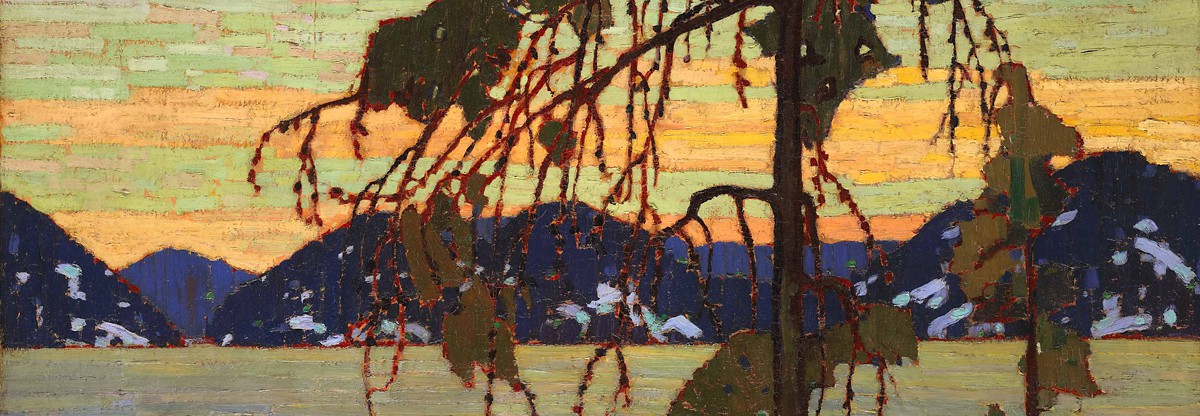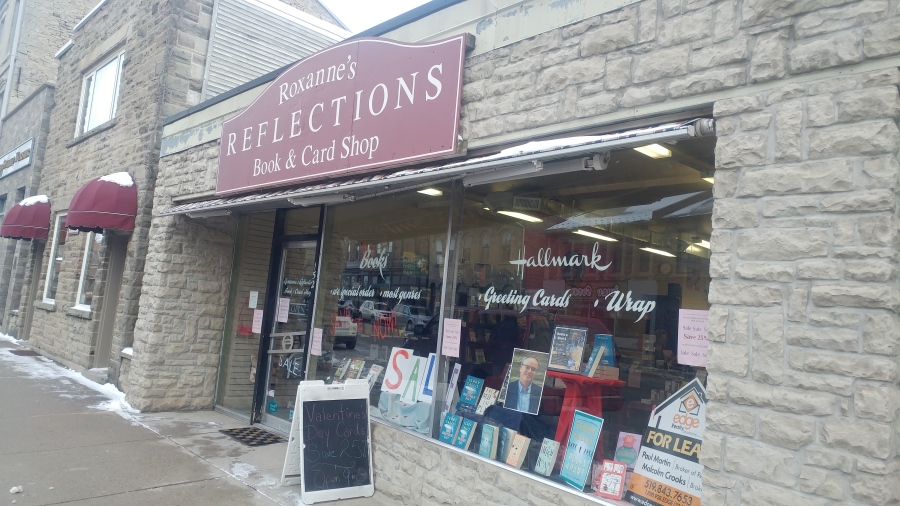John Green, YA author of such bestsellers as The Fault in Our Stars and Turtles All the Way Down, is an immensely quotable guy. Between his novels, podcasts, and YouTube videos, John has written and spoken many words which people have subsequently turned into posters or t-shirts or Tumblr posts, or, as I have, permanently inscribed them on their bodies. One John Green-ism that I have been turning to often of late is his oft-repeated sentiment that “books belong to their readers.” He is not talking about the ownership of the physical book by the individual who purchases it, of course; he is referring to the idea that once a book is written, it no longer belongs to the author. Once it exists as a thing out there in the world, a book belongs to its audience.
John first offered this opinion in response to fans and readers asking for updates on what characters in his books would have done after the book was finished. Does Q ever see Margo again after the events of Paper Towns? What happens to Pudge now that Alaska is gone? John’s point is that those answers are not his to give; at least no more his than any other reader of the book. He wrote a story with a beginning, a middle, and an end – anything beyond that exists in the mind of the reader. It is part of the magic of reading, imagining the world beyond the pages and finding meaning for oneself beyond what the author “intended”. Authors should and often do leave white spaces around the edges for the reader to fill in themselves. Editors also help writers to figure out what is and what is not the story; if it is in the book but it is not the story, it gets cut. This is a crucial part of storytelling. The decision of what the story is, and what is not the story, is a deliberate one. In deciding not to tell a certain part of the story, the author is making a deliberate decision to allow the reader to fill that gap themselves, immersing them further into the world of the story. This is the nature of the relationship between author and reader – the author crafts a good story worth telling about characters who feel real, while the reader’s imagination fills in the blanks.
It is natural that this mutual investment between author and reader will create a longing in the latter to know what happens next. This longing is largely responsible for the phenomenon of “fan fiction,” wherein readers will actually write continuations or alternative versions of their favourite stories, often publishing them online for others to read. Active and imaginative fan fiction communities spring up around nearly every successful piece of fiction – and of course, the more connected readers feel to the worlds of these stories, the desire for more of that world gets stronger. Getting lost in a fictional universe is a delectable form of escape, and you can feel a real and profound sense of loss when you are forced to come back to reality when the book (or movie or television show) inevitably ends. Of course, you could just start again at the beginning, but you already know what happened; you want more, not again. John Green’s point is that the stories told in fan fiction, or the ones that simply exist in the mind of a reader, about what happens outside the confines of the actual story, are just as valid as any idea the author may have on the topic. Once the writer has told their story and given it to the reader, the power of the reader’s imagination to fill in the blanks in a way that is most valuable to them is much more amazing than any further detail the author could provide.
The reason all of this has been on my mind lately is that there are two very notable (heck, maybe the two most notable) fictional worlds which seem to be absolutely devoted to ignoring this principle. I am speaking, of course, of Harry Potter and Star Wars.

In the case of Harry Potter, JK Rowling wrote a series of novels that have come to mean the world to an entire generation of young people (and quite a few not-so-young people). A deep sorrow settled over the Harry Potter fandom after the release of the seventh (and supposedly final) book in the series, Harry Potter and the Deathly Hallows. Fans of Rowling’s magical universe felt lost knowing that this was it – all of the stories they would ever hear about Harry had been told. Harry Potter has perhaps the largest fanfiction community in the world today, with novellas and musicals and songs and artwork being created even now, 11 years after Deathly Hallows was published; but even that vibrant, creative community could not satisfy fans’ desire to know what happened to their favourite characters. Unlike John Green, however, Rowling has obliged. In spades.
First there came Pottermore, a website built for Rowling to release regular updates and accompanying material, filling in perceived gaps in the books or else giving an official ruling by the author on events and details outside of the timeline of the novels. With each update and expansion of the “canon,” Rowling invalidates more and more of the imagination and creation of the readers of her books. Following John Green’s thinking, she gave the books to her readers and is now taking them back, piece by piece, intent on never giving up ownership of her story. Pottermore was not Rowling’s cardinal sin, however. That came in the form of a play, Harry Potter and the Cursed Child, for which Rowling wrote the story, though the script was written by Jack Thorne. The script was released in book form so that fans who couldn’t see the play in London could still experience the canonical story of a grown up Harry, along with his friends and children. Not only does the play laugh in the face of the idea that readers have any ownership over a story, it is aggressively unlike the Potter than fans loved. As I said when I read it, none of it felt right. The characters did not sound, act, or feel like the characters that readers had gotten to know over the course of seven novels. Fans, myself included, had spent nine years wishing for more Potter – until it came, whereupon we wished we could take it back. It was not just that Cursed Child was bad; nothing Rowling released could have lived up to the magic of the world beyond the books that we had all built in our imaginations.

Star Wars, that other titan of storytelling, is also defying John Green’s wisdom of gifting a story to its readers (or in this case viewers); and while I don’t think Disney’s faults are as egregious in this matter, I think they are more overtly greedy. To be clear, I have no problem that they are still making Star Wars movies. George Lucas has talked about a series of nine films since the very beginning of Star Wars – heck, he started with Episode IV. And though many people have argued passionately that the filmmakers did to Luke Skywalker in The Last Jedi what Rowling did to her characters in Cursed Child, this is not my concern either. What rubs me the wrong way, as a believer that stories belong to their audience, is the other Star Wars movies that Disney is now pumping out at an alarming rate. Take Rogue One for instance. It was the first of the so-called “Star Wars Stories” – expanded universe films that tell stories outside of the main thread of the franchise. It tells the story of how the plans for the Death Star ended up in the hands of Princess Leia, leading to the Rebellion destroying the Empire. This was a story familiar to Star Wars fans, because it is mentioned in the very first film, Episode IV: A New Hope. According to rebel leader Mon Mothma, “many Bothans died to bring us this information.” When Lucas wrote that line, he intentionally left out the details. He made the conscious choice that it was more impactful to allow fans to imagine for themselves what it might mean that many Bothans had died in pursuit of the rebel cause. That was not the story he set out to tell. He left a blank space for the viewer to fill in themselves, bringing them into the story. Retrieving the plans was not the story he set out to tell. But Disney, as they are wont to do, saw an opportunity to add another movie to a tremendously lucrative franchise by filling in the blank and telling an official version of that story-that-is-not-the-story. And they are doing the same with Solo, and all of the other in-universe films they have announced. With every movie that is released to fill in the gaps in the main story of Star Wars, the imagination that viewers bring to the series is diminished. There are less blanks for them to fill in. They have less ownership over their own experience of the story, and become passive. A number on a profit sheet, a seat filled.
I may be wrong. Perhaps a piece of fiction is made more enjoyable, the more of it there is. But I tend to agree with John that a story is made more valuable when the storyteller relinquishes control to the audience; when they say, “I have told the story I set out to tell. You decide what happens next.”
*****
What do you prefer? Is there never enough of your favourite book or series, or would you rather imagine the stories beyond the pages yourself?







